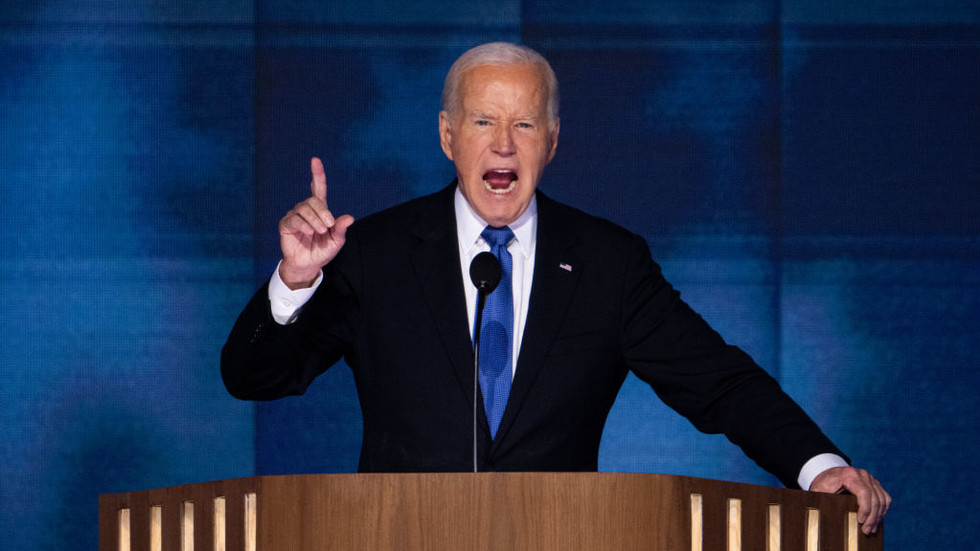The current global situation reflects a precarious reality, with the world poised on the edge of nuclear confrontation. This dangerous state of affairs, particularly regarding U.S. foreign policy under the Biden administration, underscores a series of grave errors stemming from aggressive diplomacy rather than constructive dialogue. Prominent figures in the administration, including Antony Blinken, Victoria Nuland, James Rubin, and Jake Sullivan, have influenced U.S. actions that have steadily raised tensions, particularly with Russia. Their approach seems defined by a history of hawkish motivations, often neglecting the benefits of negotiation, and this has resulted in intensified confrontations and increasing instability on the geopolitical stage.
The roots of these confrontations can be traced back to actions taken during the Obama administration, notably regarding the 2014 Maidan coup in Ukraine. The U.S. played a significant role in destabilizing the region by removing a democratically elected government that sought closer ties with Moscow. This interventionist strategy has led to prolonged chaos, leaving Eastern Europe more unstable and fostering animosities that have further estranged countries from U.S. influence. Under President Biden, this trajectory has not only continued but has escalated, as his administration has foregone diplomatic resolutions like the Minsk agreements, which were designed to foster peace in Ukraine. By neglecting to support Kiev’s commitments to these agreements, Washington shifted towards increasing NATO encroachment on Russian borders, a move predicted to provoke a strong response from Moscow.
The apparent refusal to embrace negotiation in favor of confrontation has led to a militarized atmosphere, where the U.S. has framed Ukraine’s conflict as a proxy battlefield against Russia, simultaneously allowing financial interests to steepen the stakes. Billions in taxpayer dollars have been funneled into a war effort that ostensibly aims to support Ukrainian sovereignty but actually seeks to weaken Russia and enrich a select group of elites. This alarming strategy culminates in an immediate threat of nuclear escalation—bringing humanity closer to a catastrophic miscalculation than it has been in decades. Such a stance reflects a broader disregard for human life and stability beyond Eastern Europe, impacting global relations and safety.
In addition to hostile relations with Russia, the Biden administration’s strategies have inadvertently strengthened Moscow’s ties with other powers, particularly China, shifting global dynamics and eroding U.S. influence. Nations across the Global South, increasingly disillusioned with Washington’s domineering attitude, have begun to pivot towards groups such as BRICS, which poses a formidable challenge to U.S. hegemony and dollar dominance in global trade. The actions of the Biden administration highlight a failure to recognize and address legitimate security concerns expressed by Russia and other nations, fostering perceptions of the U.S. as a destabilizing force rather than a diplomatic one.
This crisis, however, feels entirely avoidable. Time and again, the U.S. had opportunities to pursue constructive dialogue, but instead chose a path characterized by dismissive attitudes toward diplomacy and a narrow view of international relations as mere competitive posturing. By adopting a confrontational stance, the administration has endangered not just the U.S. public and its allies but has also placed the world in a precarious position, where nuclear risk becomes all the more real. The broader implications of such a failed policy extend well beyond any single geopolitical theater, reflecting an existential crisis for U.S. diplomacy.
The urgent question remains: Is it feasible to redirect U.S. foreign policy towards constructive engagement before irrevocable damage is done? Numerous warnings signal the need for a radical recalibration of strategy, advocating for leaders who prioritize peace and stability over the pursuit of power. As Russian President Vladimir Putin displays relative patience, the world awaits to see how many more boundaries can be crossed without provoking a disastrous conflict. The impending future may hinge on the possibility of a change in leadership and, consequently, a shift in foreign policy priorities that could facilitate dialogue rather than bloodshed. The stakes are monumental, and moving away from the brink of war is an imperative for both the U.S. and the global community.

